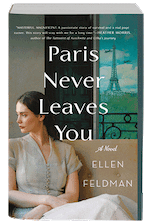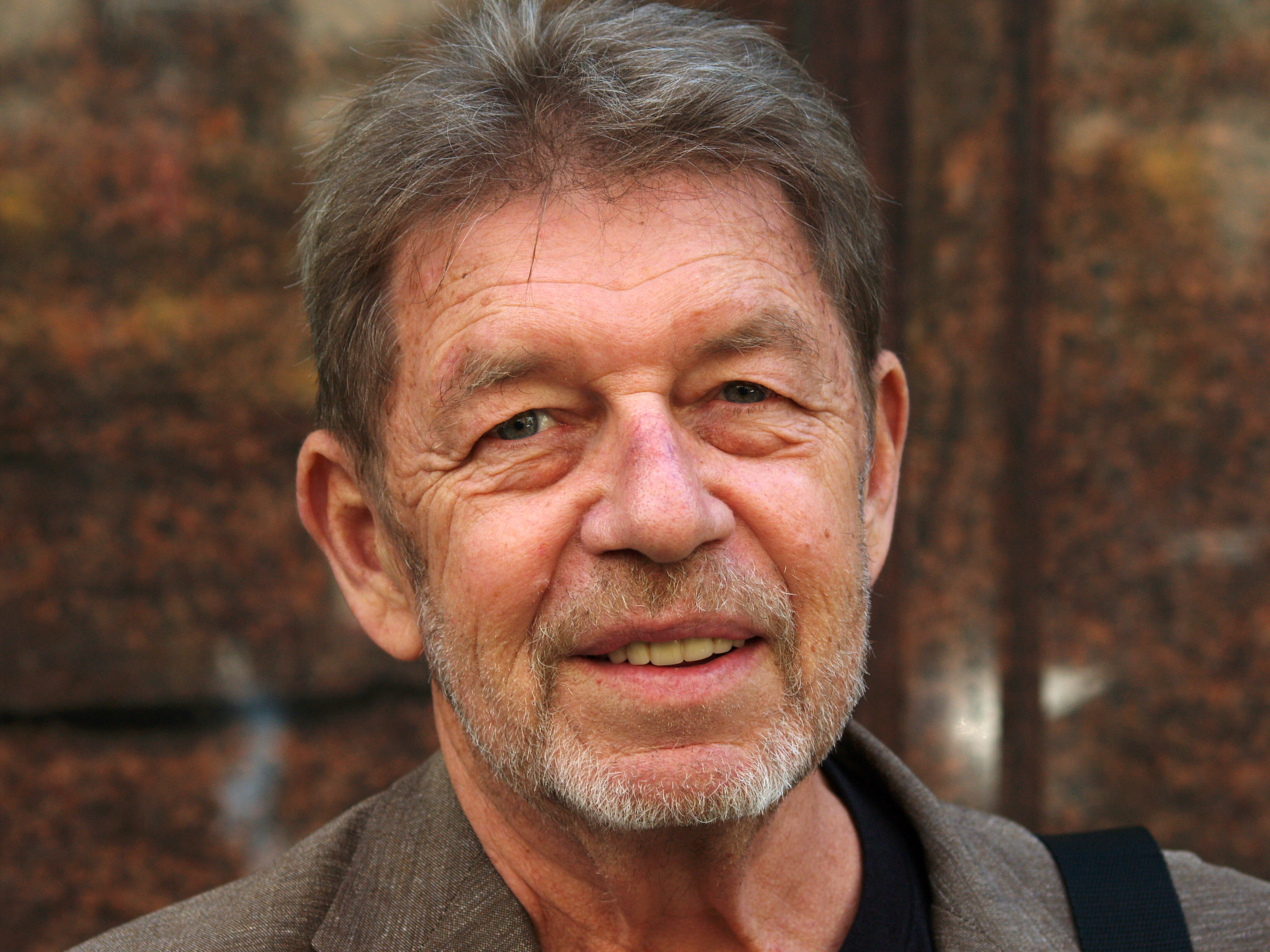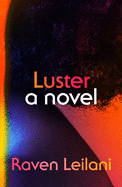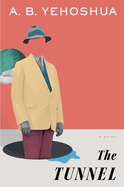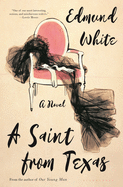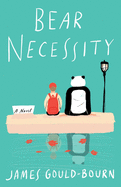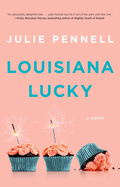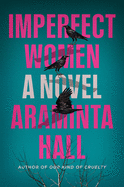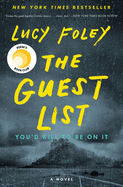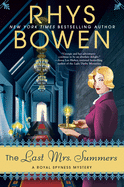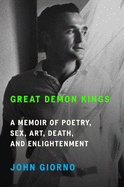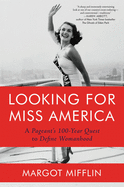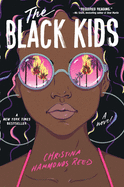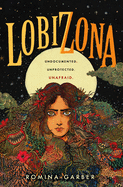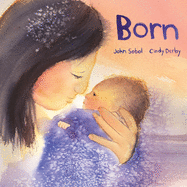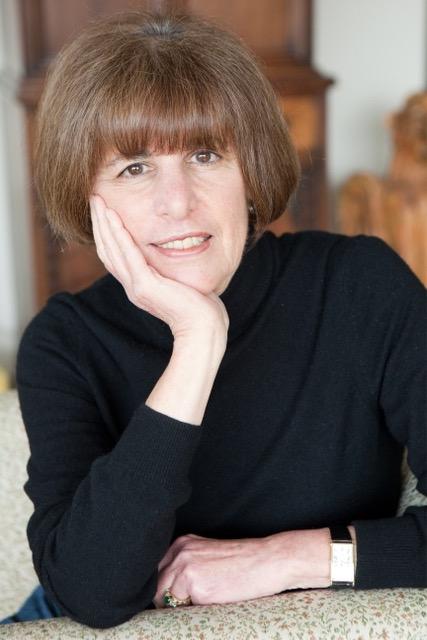 Ellen Feldman, a 2009 Guggenheim fellow, is the author of several novels, including Terrible Virtue (optioned for a feature film), Scottsboro (shortlisted for the Orange Prize), and The Boy Who Loved Anne Frank (translated into nine languages). Her novel Paris Never Leaves You was just published by St. Martin's Griffin. Feldman grew up in northern New Jersey and attended Bryn Mawr College, from which she holds a B.A. and an M.A. in modern history. After further graduate studies at Columbia University, she worked for a New York publishing house. Feldman lives in New York City and East Hampton, N.Y., with her husband and a terrier named Charlie.
Ellen Feldman, a 2009 Guggenheim fellow, is the author of several novels, including Terrible Virtue (optioned for a feature film), Scottsboro (shortlisted for the Orange Prize), and The Boy Who Loved Anne Frank (translated into nine languages). Her novel Paris Never Leaves You was just published by St. Martin's Griffin. Feldman grew up in northern New Jersey and attended Bryn Mawr College, from which she holds a B.A. and an M.A. in modern history. After further graduate studies at Columbia University, she worked for a New York publishing house. Feldman lives in New York City and East Hampton, N.Y., with her husband and a terrier named Charlie.
Your novel is set during World War II and in the 1950s, yet feels relevant to our time. Was this aspect of the novel intentional or did those themes emerge during the writing process?
It's a truism that a novel or even nonfiction about the past always says as much about the period in which it's written as the era about which it's written. I never set out to draw parallels between the time I'm writing about and the one in which I'm writing, yet they invariably arise. Some are similarities of political and social trends. Others have to do with the universality of human experience. We all have moments from the past that haunt us. Sometimes they're momentous like Charlotte's. Sometimes they're minor but still shame-inducing or at least cringe-making. How do we deal with the past? Do we try to erase it, ignore it, flaunt it, or maintain an uneasy guard against it? It's up to each of us to figure out how to live with our own yesterdays.
There's a line that is repeated throughout the novel: "It had taken Hitler to make her a Jew." Without giving away too much of the plot, could you talk more about that particular phrase and what that means?
While the phrase "It had taken Hitler to make her a Jew" takes on a specific significance in Paris Never Leaves You, it is also a more general observation made by actual Holocaust survivors. Many Jews in Germany, Austria, France and Holland were assimilated. They considered themselves members of their respective nationalities first and Jews second. Few were religiously observant. There are myriad stories of Jewish men, Anne Frank's father among them, who fought for their countries in WWI and believed the anti-Jewish laws did not apply to them. As a result, many of them didn't flee when they could. They discovered too late and tragically that the Third Reich made no such distinctions among Jews. Every last one, determined by blood, not choice or affiliation, must be exterminated.
What was the inspiration for this novel?
I wish I could put my finger on the moment the idea for this book came to me. What I do know is that in my extensive reading about WWII, I encountered many heroic women who fought for the Resistance or spied for the Allies or risked their lives to help defeat the enemy. And as I read, I began to wonder about other women who were not blessed, or cursed, with such courage and tried to live normal lives under horrendous conditions. To what lengths would a woman like that go to save herself and, more chillingly, her child?
What about this time period makes this a source of interest for you?
I'm a firm believer that our memories go back a generation to our parents' reminiscences. The war and the Holocaust cast a long shadow over my childhood and youth. Moreover, though I didn't understand this until I began to study history, I was a beneficiary of the buoyant new America that emerged from the war, an era and a place that is as much a part of my writing about WWII as the war itself.
Many of your works feature strong women characters. Why is this important?
Though I don't write autobiographical fiction, I do write about autobiographical themes. Having gone to women's schools, having come of age during many times of upheaval in various women's movements, I'm interested in how hard women have to fight and what they have to endure to reach some kind of self-realization. I was brought up to be one kind of woman. I discovered I wanted to be another. How I tried to resolve the conflict, how I continue to struggle with it is one of the guiding forces behind my work.
Tell us about your writing routine, your approach to writing.
Writing is a passion for me, but I treat it as a job. Early every morning, after walking our rescue terrier, Charlie, and going for a run in Central Park, I head for one of two libraries, either by bus to the New York Public Library on 42nd Street, or on foot to the New York Society Library, 14 blocks from our apartment. Both have spaces for writers. I love the solitude they provide and the concentration they foster, but I also enjoy running into other writers in the halls for a moment's chat. Then at five or six, depending on when the library closes, I head home. The walk to and from the closer library is especially welcome because it gives me time to contemplate what I'm going to write that day and what I did write. Invariably, something I hadn't thought of while facing the laptop screen stops me dead on the street.
What do you most want readers to understand or learn from this book?
I'm not sure I want readers to learn any specific lesson from the book. I do want them to think about what morality means in extenuating circumstances. I said that part of the inspiration was the question of what an ordinary woman would do under extraordinary circumstances. Would she grasp at some shred of happiness? Would she sacrifice her scruples for her child? And how would she live the rest of her life with the knowledge of those choices? In researching an earlier book, I came across many people whose parents had hidden their suffering in the war. The costs of living a secret were varied--shame, alienation, anger--but there was always a toll. As a novelist, I have no answers, only questions--and a story that I hope captures readers and resonates in their own lives. --Melissa Firman
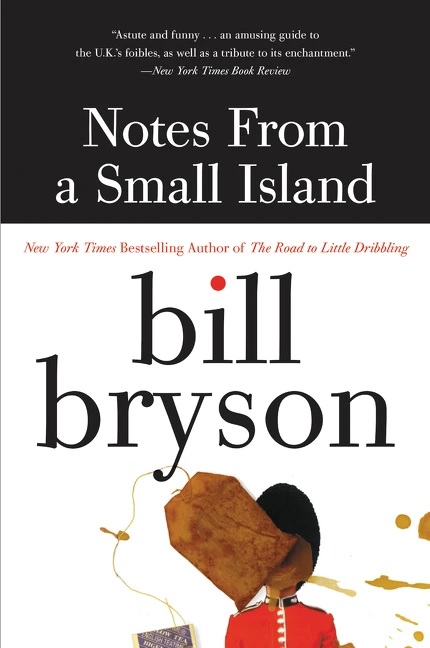 Though he was born in Iowa, Bryson has spent a significant portion of his adult life in the United Kingdom. His first extended sojourn ended in 1993, but before he departed for America, he embarked on what he calls "a kind of valedictory tour around the green and kindly island that had for two decades been my home." Notes from a Small Island (Morrow, $16.99) is the affectionate, if idiosyncratic, record of that farewell journey.
Though he was born in Iowa, Bryson has spent a significant portion of his adult life in the United Kingdom. His first extended sojourn ended in 1993, but before he departed for America, he embarked on what he calls "a kind of valedictory tour around the green and kindly island that had for two decades been my home." Notes from a Small Island (Morrow, $16.99) is the affectionate, if idiosyncratic, record of that farewell journey.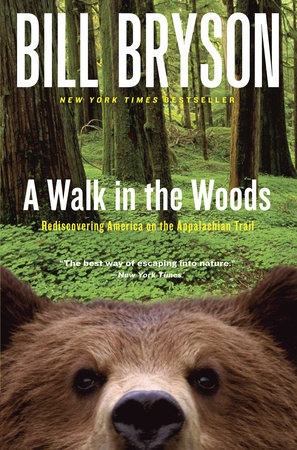 Once he returned to the United States, it didn't take long for Bryson's wanderlust to emerge, and in 1996, he launched an assault on the 2,169 miles of the Appalachian Trail. In A Walk in the Woods: Rediscovering America on the Appalachian Trail (Anchor, $7.99), Bryson chronicles the highs and lows of that sometimes Sisyphean journey. Along the way, he discourses knowledgeably on a range of subjects that include natural history, geology and the trail's colorful past.
Once he returned to the United States, it didn't take long for Bryson's wanderlust to emerge, and in 1996, he launched an assault on the 2,169 miles of the Appalachian Trail. In A Walk in the Woods: Rediscovering America on the Appalachian Trail (Anchor, $7.99), Bryson chronicles the highs and lows of that sometimes Sisyphean journey. Along the way, he discourses knowledgeably on a range of subjects that include natural history, geology and the trail's colorful past.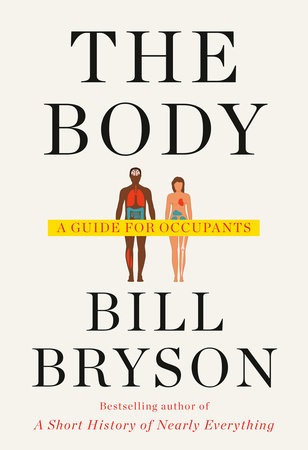 But as Bryson demonstrates in his latest book, The Body: A Guide for Occupants (Doubleday, $30), his talents aren't confined to travel writing. This hefty volume is a comprehensive, informative and consistently entertaining tour of "this warm wobble of flesh" we call the human body. The book is packed with startling factoids, portraits of physicians and scientists both well-known and obscure, and useful information to help ward off disease and understand it when it strikes.
But as Bryson demonstrates in his latest book, The Body: A Guide for Occupants (Doubleday, $30), his talents aren't confined to travel writing. This hefty volume is a comprehensive, informative and consistently entertaining tour of "this warm wobble of flesh" we call the human body. The book is packed with startling factoids, portraits of physicians and scientists both well-known and obscure, and useful information to help ward off disease and understand it when it strikes.


